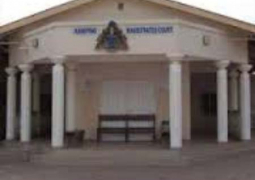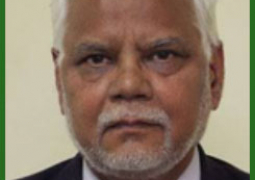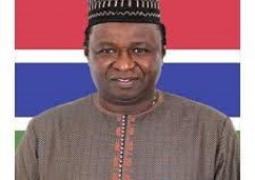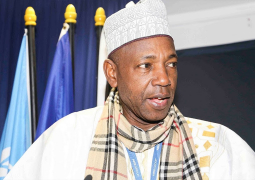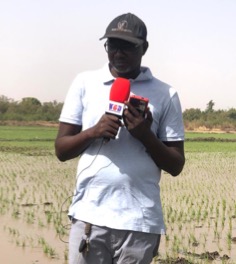
He said the introduction of the civic education would allow children to be honest and learn to love their country and be able to help one another for a better Gambia.
Musa Darboe was speaking in an interview in which he highlighted achievements registered by Maruo Farms as well as obstacles faced.
Maruo Farms, he said, is a rice production company, of about 120 hectares, established in 2018 involving in the entire rice value chain, from seeds to marketing with “quality produce”
He raised concerns over the challenges, revealing that the challenges he faces are all from the civil service.
“The challenges we face are all from the civil service,” he said.
“It is not their bosses who would give you the hard time. It is not those on top. It is the little ones down that try to take advantage to make every transaction hard for you. There are obstacles for you everywhere you go, and that is not from President Adama Barrow,” he stated.
“It is me and you; the people on the streets that are trying to make everything hard for each other every day. So that attitudinal change, if it does not happen in the Gambia, it is going to be hard for us to grow.”
Mr. Darboe also revealed that despite challenges faced, Maruo Farms has registered big achievements which ranged from the nursery stage up to packaging into bags, which he said is proudly made in The Gambia.
Mr. Darboe revealed the rationale behind the establishment of Maruo Farms, saying it was to work with small holder farmers where they could help increase their yield and productivity by providing inputs to enable them access the market.
He said that in 2018, Maruo Farms started producing with only 3 hectares as a trial, and then later increased to 15 hectares in 2019. Currently, he sated, the Farm is about 120 hectares, adding that there is a plan to increase it to 1000 hectares by next year.
He emphasised that the only way they were able to make their farm work was mechanisation, pointing out that even though the land is available, it needs to be prepared and well developed.
“You cannot do the manual labour to cultivate this large fracture of land. But we were very lucky to have the team from China. The Chinese team introduced most of the technologies to us such as the trans-planters, harvesters and milling machines among others,” he revealed.
He said that Maruo Farms within a year engaged over 500 people from the communities on daily labour. He urged Gambians to collectively embrace agriculture and work together, and to see how to downscale production cost, while thanking the Chinese team for a job well done.


